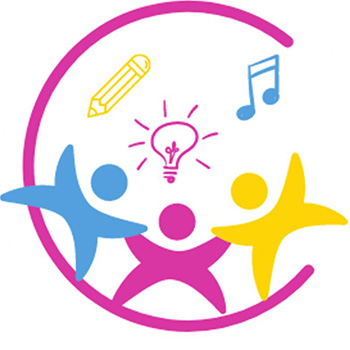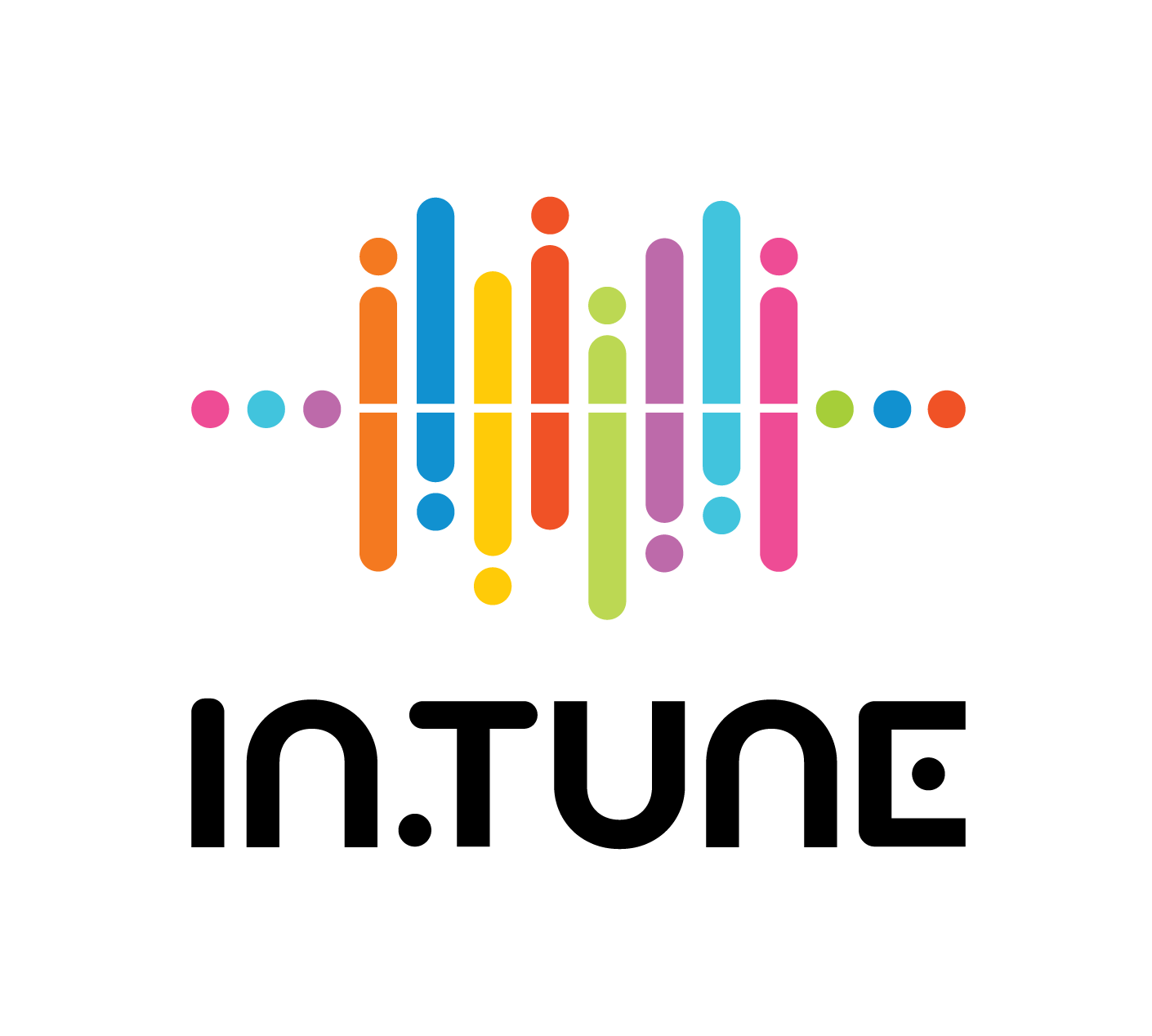ESMUC and international projects
From its beginnings, the ESMUC has had a clear international vocation, with an ongoing relationship with the main conservatories and music schools throughout Europe. Member of the AEC since 2002, the College actively participates in the Erasmus+ Mobility Program, now also in its new stage 2021-27. From August 2021, ESMUC is also a member of the ELIA Association, the arts higher education network.
El programa Erasmus+
Erasmus+ promotes the exchange of knowledge between European educational institutions, and allows the mobility of students, teachers and non-teaching staff. In this new stage of the program, the College proposes to increase the number of students who want to study abroad for semester periods, to establish new collaborations for intensive study projects and to launch internships to postgraduates.
IN.TUNE Alliance
Selected as one of the seven new alliances in the Erasmus+ European Universities 2023 call, IN.TUNE becomes one of the 51 alliances cooperating across borders and disciplines within the European Universities initiative, as the only one in the field of music and the arts.
The European University Alliance IN.TUNE started on January 1, 2024.
1000+ Concerts
1000+ Concerts reintroduces performance as a central component of higher music education, highlighting the value of performance skills and audience engagement.
Over the course of four years, ten European institutions join forces to implement the Musethica programme, training a new generation of musicians committed to social inclusion and bringing over 1,000 free live concerts to those with less access to live music.
Comusyc
The Comusyc project, co-financed by the ERASMUS+ program of the European Union, aims to play an active role in the fight against social exclusion, providing tools and strategies to keep the lines of dialogue open with young people in situations of marginalization. Specifically, Comusyc organizes free music workshops for young people at ESMUC where creativity and art serve to express and overcome fears. With these activities, students will be able to rethink their possibilities in the labor market.

Other international projects
In addition, ESMUC participates or has participated in these projects:
Modernizing European Higher Music Education through Improvisation –METRIC– is a cooperative network of several European conservatoires and the AEC that focuses on curriculum development and intensive cooperation in the field of improvisation in higher music education.
METRIC organises an annual Intensive Programme on improvisation and implements Joint European Modules in the area of improvisation. Its website also contains an exercise archive, a video collection of exercises on the different forms of improvisation, and a wide range of articles, videos, essays, research and current improvisation-related events.
Strengthen Music in Society provides musicians, music students and those working in the music education sector with resources and tools. It want to help musicians and Higher Music Education Institutions to strengthen the social relevance of music education and improve access to music education, but also strengthen the impact of music, art, culture and cultural education on society.
The European Platform for Artistic Research in Music (EPARM) is an initiative of the European Association of Conservatoires (AEC), acting as a resource for artistic research in the specific context of Higher Music Education: sharing knowledge, insights and outputs; promoting and developing the discourse around artistic research; incubating new ideas and developments; and offering support and inspiration to AEC members.
The European Platform for Artistic Research in Music (EPARM) is an initiative of the European Association of Conservatoires (AEC), acting as a resource for artistic research in the specific context of Higher Music Education: sharing knowledge, insights and outputs; promoting and developing the discourse around artistic research; incubating new ideas and developments; and offering support and inspiration to AEC members.
Wood Musick is an action from COST (European Cooperation in Science and Technology), a funding organisation for research and innovation networks. It started in 2013 and continued until 2017.
This Action aims to combine forces and to foster research on wooden musical instruments in order to preserve and develop the dissemination of knowledge on musical instruments in Europe through inter disciplinary research. The proposed program involves curators and conservators on the one side, wood scientists, chemists and acousticians on the other side, and finally, researchers in organology and making of instruments.
Phenicx is a collaborative research project, partially funded by the European commission. In this project, academic researchers, music institutions, musicians and up-and-coming technology companies join forces. The project mission is to make use of all the richness around classical music to build a whole new classical concert experience, supported by smart use of technology.
The ERASMUS Network for Music Polifonia is the largest project on higher music education to date. Supported by the ERASMUS Networks programme of the European Union, Polifonia first started in 2004 and, since then, has studied a range of subjects related to professional music training at the European level. In the scope of its first and second cycles (2004-2007 and 2007-2010) the project realised over 60 working group meetings in various European destinations, bringing together experts from more than 25 different countries.
Magister Musicae is a web portal that includes a digitalized musical education catalog of more than 3,000 hours, with classes taught by more than 200 international musicians.
Given the ambition of the project, in 2004, six of the main conservatories and music schools joined Magister Musicae through the European Harmos project, facilitating access to their professors who face the Magister Musicae internationally:
– The Royal College of Music in London
– The Koninklijk Conservatory in Brussels
– The Staatliche Musikhochschule in Stuttgart
– The Superior School of Music of Porto in Porto
– L’Escola Superior de Música de Catalunya de Barcelona
– The Lithuanian Academy of Music in Vilnius
– European Association of Conservatories.
HARMOS project (2004-2006), supported by the eCONTENT Programme and coordinated by the Fundacion Albéniz, aimed at the development of on-line educational materials based on video footage of masterclasses and music lessons in various European conservatoires.
The project focused on music heritage and popular music in the context of eLearning, with the participation of renowned European music schools and national conservatories. OrbiTeam contributed a collaborative component used for annotating the digital content. The project is funded by the European Union e-Content programme.

